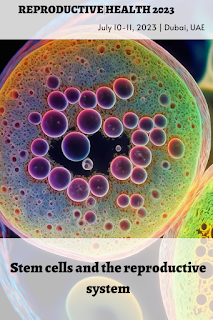How does heart disease risk in women?

Research is identifying gender differences in heart disease that may help fine-tune prevention, diagnosis, and treatment in women. Here are some examples. Blood lipids Diabetes Metabolic syndrome Smoking Blood lipid: Before menopause, a woman's own estrogen helps cover her from heart complaint by adding HDL (good) cholesterol and dwindling LDL (bad) cholesterol. After menopause, women have advanced attention of total cholesterol than men do. But this alone does not explain the unforeseen rise in heart complaint threat after menopause. Elevated triglycerides are an important contributor to cardiovascular threat in women. Low HDL and high triglycerides appear to be the only factors that increase the threat of death from heart complaint in women over age 65. Diabetes: Diabetesincreases the threat of heart complaint in women further than it does in men, maybe because women with diabetes more frequently have added threat factors, similar as rotundity, hypertension, and...
.png)




